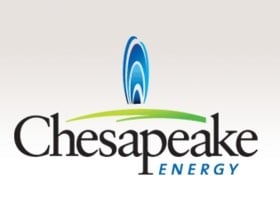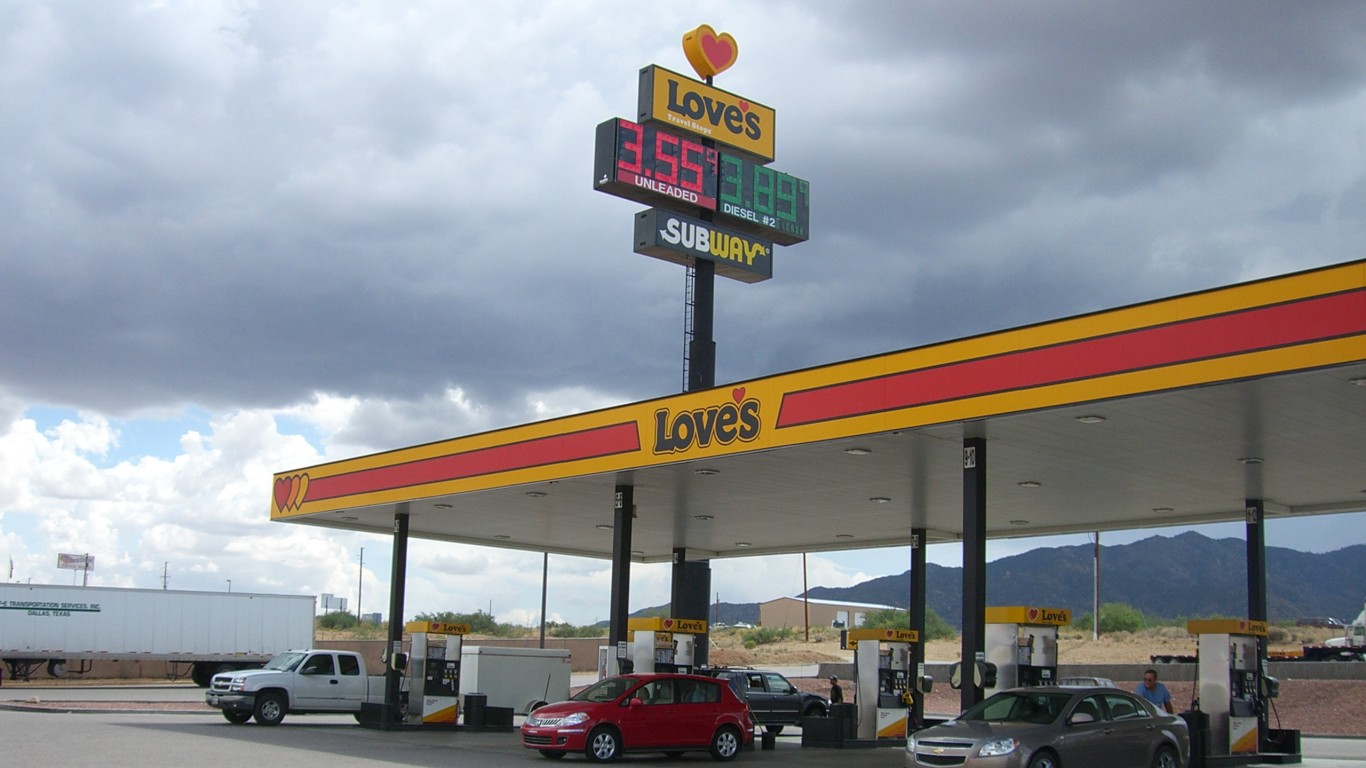
Source: courtesy Chesapeake Energy Corp.
The Utica shale play was one of Chesapeake’s core holdings and was identified in the company’s third quarter 10-Q as one of three areas where the company added acreage during the quarter. According to the filing, about 75% of Chesapeake’s leasehold acquisition costs were spent in the Utica, Marcellus, and Mid-Continent shale plays.
The reason for the spending is that until yesterday, apparently, Chesapeake thought it would get significant oil production from its acreage in the Utica shale. As it turns out, however, the company’s wells produced much less oil than expected. Crude oil and liquids sell for many times the price of natural gas, even on an equivalent basis. The energy in one barrel of oil is approximately equal to the energy 6,000 cubic feet of natural gas. At $3.50 per thousand cubic feet of natural gas, an energy equivalent price for crude oil would be around $21 a barrel. LOL.
What’s worth asking is how Total SA (NYSE: TOT) will respond to the shift away from more drilling in the Utica shale. Total paid $610 million in cash and agreed to pay another $1.4 billion or so in drilling carries through 2014 for a 25% stake in Chesapeake’s Utica shale acreage. The company said in its third-quarter report that it expects to fully utilize its drilling carries in the Utica before they expire in 2018. Here’s what the company had to say in its third-quarter 10-Q filing:
In December 2011, as part of our Utica joint venture development agreement with Total (see Note 8), we committed to spud no less than 90 cumulative Utica wells by December 31, 2012, 270 cumulative wells by December 31, 2013 and 540 cumulative wells by December 31, 2014. Through September 30, 2012 , we had spud 87 cumulative Utica wells and are therefore ahead of the drilling pace required to meet the cumulative drilling commitment by December 31, 2012. If we fail to meet the drilling commitment at any such year end for any reason other than a force majeure event, the drilling carry percentage used to determine our promoted well reimbursement will be reduced from 60% to 45% for a number of wells drilled in the following calendar year equal to the number of wells we were short the drilling commitment. As such, any reduction would only affect the timing of the receipt of the drilling carry but not the total drilling carry to be received.
Whether the Chesapeake will have to revise its deal with Total is not clear. But if it doesn’t that would be a surprise.
Chesapeake’s shares are down about 0.9% today at $17.24 in a 52-week range of $13.32 to $26.16.
Paul Ausick
Sponsored: Want to Retire Early? Here’s a Great First Step
Want retirement to come a few years earlier than you’d planned? Or are you ready to retire now, but want an extra set of eyes on your finances?
Now you can speak with up to 3 financial experts in your area for FREE. By simply clicking here you can begin to match with financial professionals who can help you build your plan to retire early. And the best part? The first conversation with them is free.
Click here to match with up to 3 financial pros who would be excited to help you make financial decisions.
Thank you for reading! Have some feedback for us?
Contact the 24/7 Wall St. editorial team.


